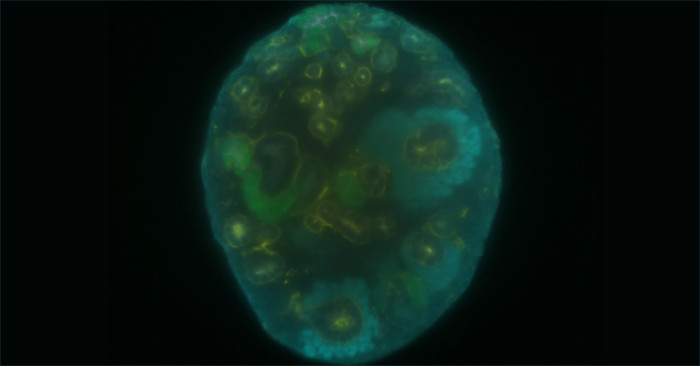
In mid-January, I got an email saying I had won the 2018 Biocuration Career Award from the International Society for Biocuration! I was excited to win the award, thrilled to be going to the Biocuration conference in China and wondered what I would say in a presentation about “my career” at the conference.
That week I had just started in a new biocuration position and after hearing about the award, my new colleagues suggested I give a lunchtime talk on my scientific background so that the others in the team could get to know me better. As I worked on a timeline and slides about each of my past biocuration positions, I realized that there actually was a lot that I wanted to say.
I have worked on several different projects over the last 17 years that I would describe as “biocuration.” These jobs have varied greatly. I started curating data in a research position at the Fred Hutchinson Cancer Research Center, collating information about mouse and human olfactory receptors. Then back in the UK I worked in a more “service” role in the established resources of ArrayExpress and Expression Atlas at the European Bioinformatics Institute (EMBL-EBI), curating data submissions, talking with submitters and I started to delve into the world of ontologies. More recently I have been the primary curator setting up the metadata processing pipeline for the Image Data Resource at the University of Dundee. This resource was built from scratch, and went where few others have dared to go, creating a robust data repository for complex bioimaging data, with the added value of metadata integration. It has been immensely satisfying to see this project grow both in size and reputation.
Now, after spending a lifetime in academia, I am off on a new adventure working as a Scientific Curator for a company, Genomics England, set up to to provide a genomic medicine service for the UK National Health Service using data from the 100,000 Genomes Project.
My biocuration career has been partly driven by the external forces i.e. what fits with family life and funding opportunities, and partly by my own interests and desire to develop skills. In hindsight each job seems a logical progression from the last, with new experiences, new skills, new technologies (github and conference calling were not around in the early 2000s) and new challenges that have made for a fun and interesting career.
I am very proud to receive the International Society of Biocuration Career Award. It has helped me reflect on my work and recognize that I have had a career and not just a series of jobs! I hope that by sharing my story and the skills I have found to be most useful, I can help others think about their own journeys. It is also wonderful to appreciate the international community of biocurators who meet together to share experiences and recognize the importance of data and biocuration in the sciences. I am looking forward to meeting many of you in Shanghai!
Dr Eleanor Williams will be presenting her work at the International Biocuration Conference in Shanghai in April 2018, her talk will be on:
Title: Curating bioimaging data – lessons from the first 40 terabytes
Synopsis: I have experienced three very different types of biocuration work in my career. My first taste of biocuration was in a research lab curating information about olfactory receptor genes. I then moved to work on the well-established functional genomics databases of ArrayExpress and the Expression Atlas at EMBL-EBI curating data submissions submissions. From there I moved to a project at the University of Dundee setting up the Image Data Resource for bioimaging data. This was my biggest curation challenge, starting almost from scratch to develop a method to capture the biomolecular, experimental and analytic annotations associated with images, and to create a pipeline to populate the database. I will describe the most useful biocuration skills I have learnt and some of the challenges I’ve encountered. I will finish by describing my new position, working as a scientific curator in a company performing analyses of the genomes of patients with rare diseases.

